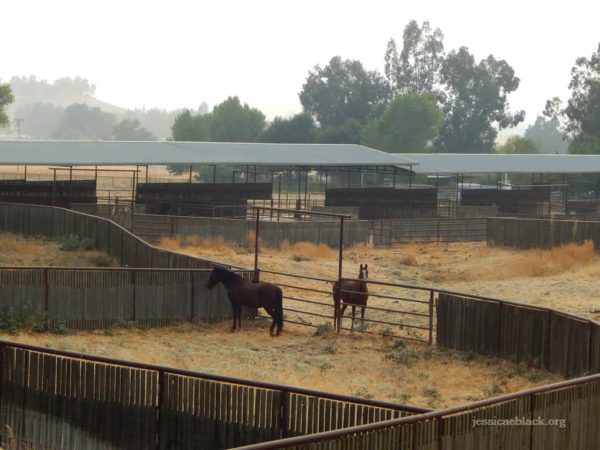September 24, 2020
Fall is approaching and with it, cooler weather and a shift in pasture availability and moisture content. When temperatures start to decrease, some horses have a tendency to drink less; coupled with eating less moisture dense pasture and more dry hay, this transition can sometimes bring on impaction colic. Diagnosed early, impaction colic usually can be treated and resolved without surgery.
Causes:
Impaction colic is a drying out of intestinal contents causing a blockage in the horse’s gut. The large intestine twists and turns and has several changes of direction and diameter. These “corners” can be position for impactions, where a firm mass of feed or foreign material blocks the intestine. Impactions can be induced by coarse feed stuff, dehydration or accumulation of foreign material, like sand. Other management changes such as feed changes or decreases in exercise and water intake and long-term use of NSAIDs can also increase the risk for impactions colic.
Signs:
The usual signs of approaching impaction colic are...





